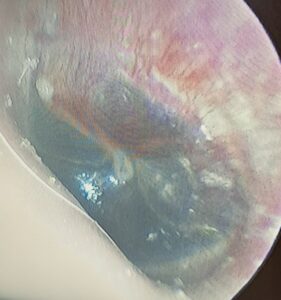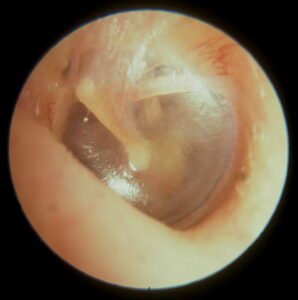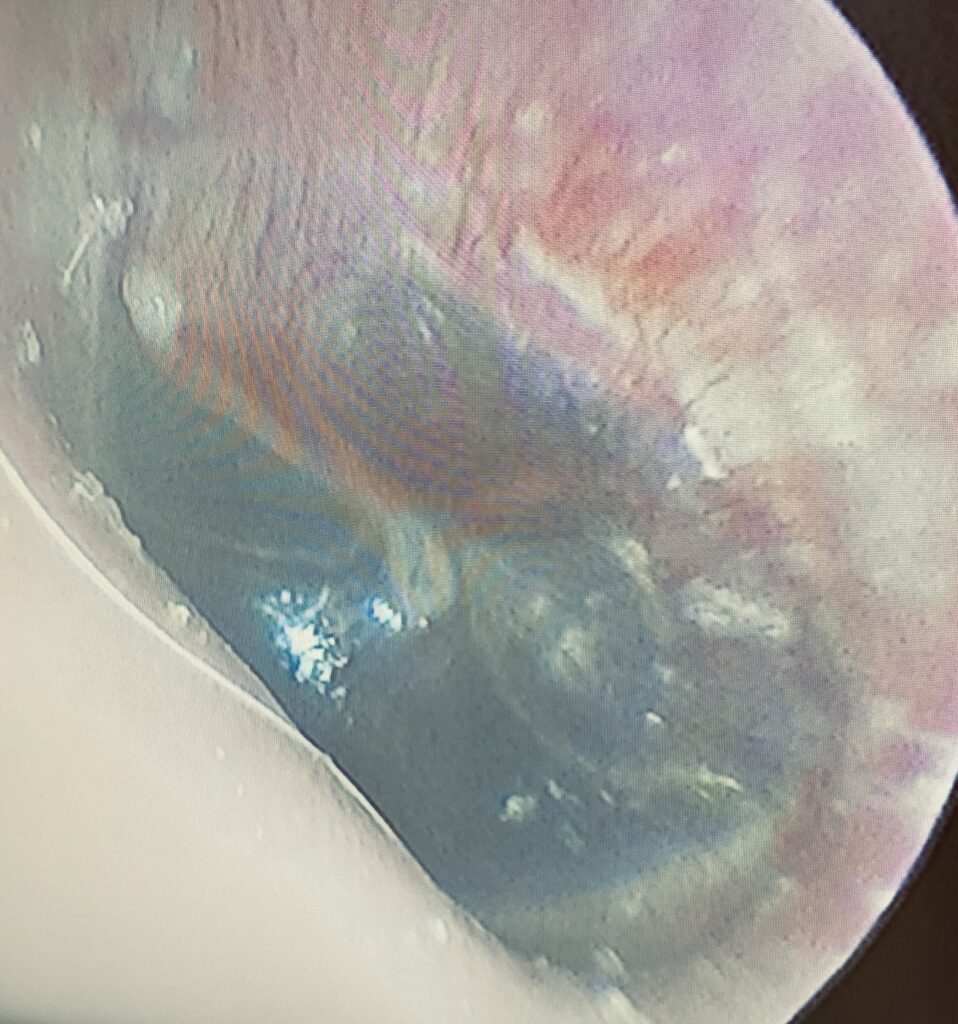Ear problems are some of the most common medical issues affecting scuba divers, swimmers and freedivers. Scuba diving is an awesome sport with “professionals and amateurs but no competition”. However as every diver knows, the issues affecting ear pressure is amongst the toughest challenges for enjoyable and successful scuba diving.
When diving under water the pressure exerted on the ear drum become immense. A well functioning eustachian tube is necessary to change depths quickly. New divers often discover that descending below just a few feet can be very painful if the ears have not cleared. And once the “squeeze” starts its even more difficult to get the ears to clear easily. At a certain pressure gradient, clearing the ears becomes basically impossible. The rule of thumb for diving is “clear your ears early and often”. On descending the first 20 feet or so the pressure change is noticeable enough to need to clear your ears ever foot or two, descending slowly. Some people’s ears clear more or less automatically, other divers really have to focus on this with a number of eustachian tube clearing maneuvers. New procedures, such as eustachian tube balloon dilation, may be helpful to make it easier to clear the ears
Failure to clear the ears with air through the eustachian tubes may quickly result in hemorrhage into the ear space as a result of the pressure change. Essentially the relatively imbalanced lower pressure in the middle ear will get balanced either by the Eustachian tubes clearing it with air (the right way), with blood or body fluid spilling inside the ear, or with a hole in the eardrum forming.
The photo below is an eardrum with dark coagulated blood and air bubbles behind it that happened to a diver who had significant pain starting at only about 8feet of depth. There is a normal eardrum for comparison also.


If you develop ear pain while diving, have lingering stuffiness after diving or experience vertigo please visit a doctor to have things checked out. An ear nose and throat with full hearing test capabilities is your best bet. You really should not continue to dive if ear pressure or hearing loss is present. Continuing to dive can be dangerous for your ear health (permanent hearing loss or infections are possible) and can even pose a drowning risk as you may be at risk for for vertigo/disorientation when under water.

